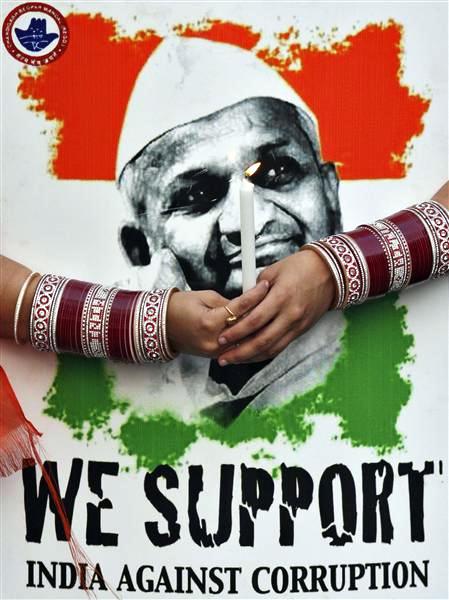
Indians were happy to make money off corruption, and happily turned a blind eye to what lay beneath the boom, says Shankar Sharma.
Over the past year or so, I have been, via my school email group, been engaged in a very interesting conversation with an old batchmate.
He has been vociferous: “Crony capitalism must be booted out. And a clean, anti-crony capitalism guy like Modi should be voted in. We have to stop the nation from being sold to these chor capitalists”.
This friend happens to work for one of the most corrupt corporate groups in the country. Pick a scam, and you will find them in it.
Go figure.
…
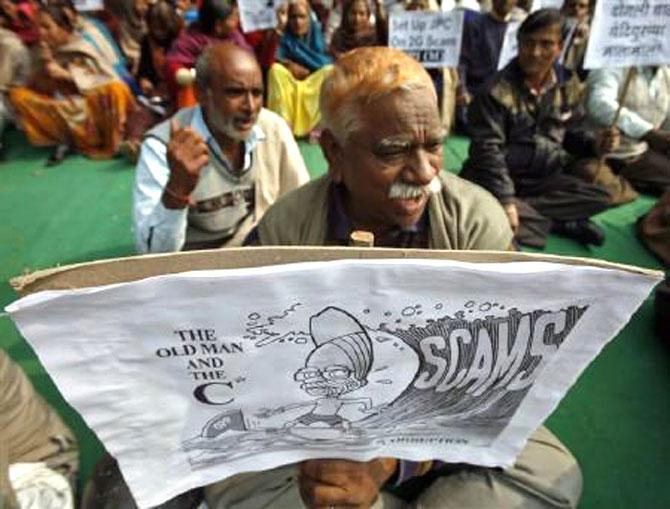
This is what has intrigued me thoroughly since the Anna Hazare movement began: middle-class Indians rebelled against corruption. Or so it seemed. But let’s scratch a bit deeper: since the big economic boom began in 2004, the Indian middle class has partied.
Salaries increased at a compounded rate of 40 to 50 per cent across most professions. Packages of Rs 50 lakh and higher became commonplace. US salaries paled in comparison.
And which industries saw the biggest salary jumps? Largely, infrastructure, real estate, telecom, finance, mining, power and so on. Now, weren’t these the very sectors in which some of the biggest scams (real or concocted) since 2004 have occurred? You bet.
…
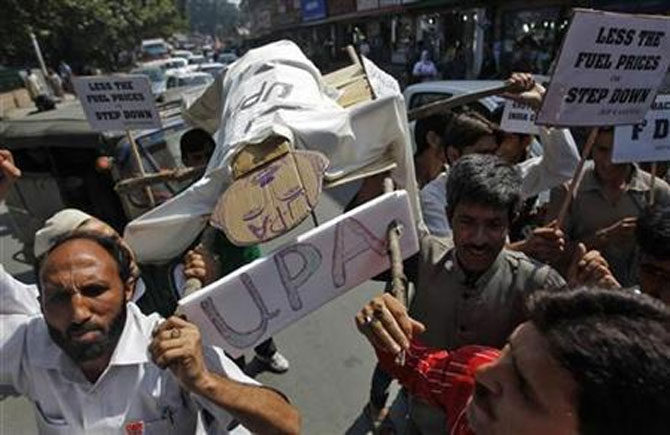
These sectors were the ones in which the same ultra-moralistic Indians fought each other to gain employment.
Was middle-class India so innocent as to be unaware that bribes are an integral part of doing business to run any regulated business such as infrastructure, power or mining (anywhere in the world, actually)?
That contracts in these businesses are almost never won honestly, or that bids won honestly have little if any profits embedded in them?
More realistically, let us assume that no Indian is that naïve. So what does that tell you about our mindset? Not pretty: that as long as the fruits of corruption are trickling down to us, it is a non-issue.
…
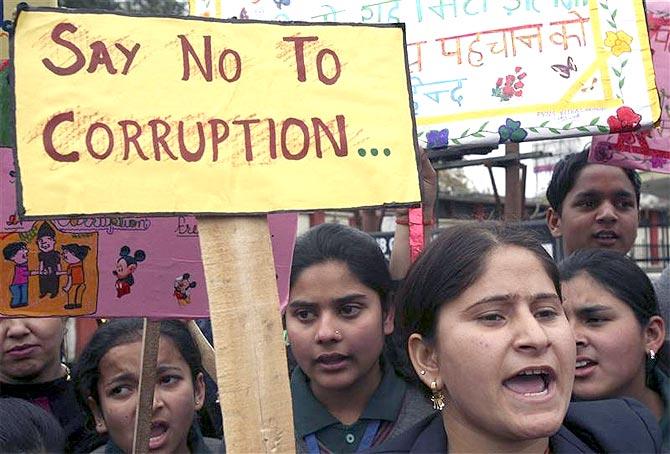
We start clambering on to the high moral ground only when we start to feel that, somehow, the gravy train is eluding us. Manmohan Singh was spot on when he said if corruption were that big an issue, why did the Congress win a thumping mandate in 2009? Why indeed?
…
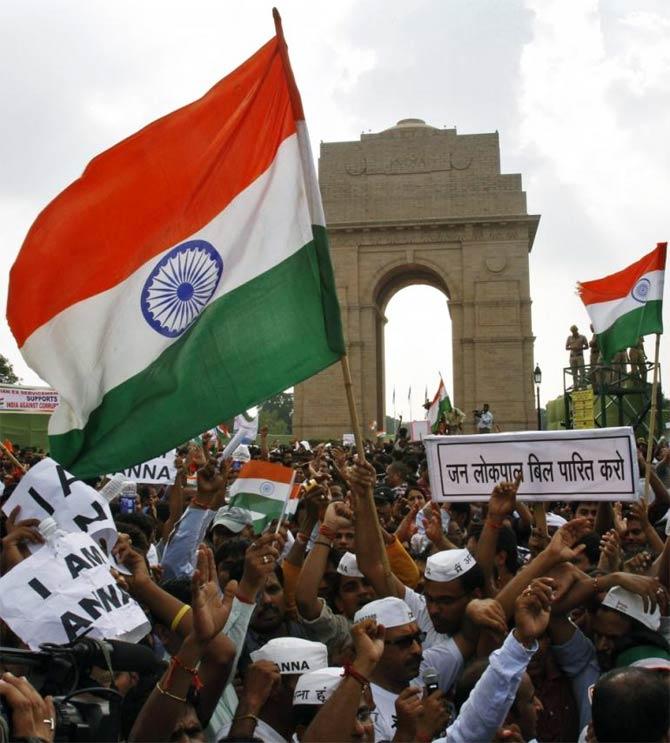
The “Occupy Wall Street” movement started only after the 2008 crisis. Till then, Americans happily let Wall Street and Corporate America loot the nation on the sly since most grew rich off a fake housing and stock market boom.
It is the same in financial markets. In bull markets, every foreign institutional investor happily buys low-governance companies (infrastructure, power, telecom, oil/gas) knowing fully well how the profits are being generated. It is only in bear markets that the term “good governance” makes its way back into the lexicons of professional investors.
When it comes to old-fashioned values like secularism and fundamental freedoms of speech and liberty, it is pretty much the same. All these values are important only as long as times are good, luxuries to reflect upon when our net worth is rising sharply.
…
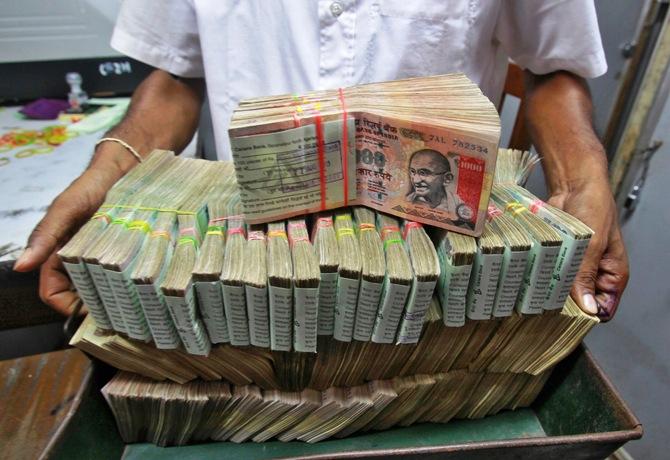
Let the hard times roll, and it is conceivable that we will be willing traders of these ideals for the more pedestrian economics or, at least, the promise of it.
It is pretty much an accepted thing that Narendra Modi is a “strong leader”, authoritarian, dictatorial. That he will favour business interests is no secret. But can strong leaders tolerate dissent and criticism?
Can thinkers, economists, journalists, two-bit “God men”, who have poured vitriol over Sonia Gandhi and the Congress, dare do the same if Modi becomes prime minister?
Don’t hold your breath. Can “speedy decision-making” be implemented with strong independent institutions? Can “strong leaders” allow strong independent institutions to remain so?
…
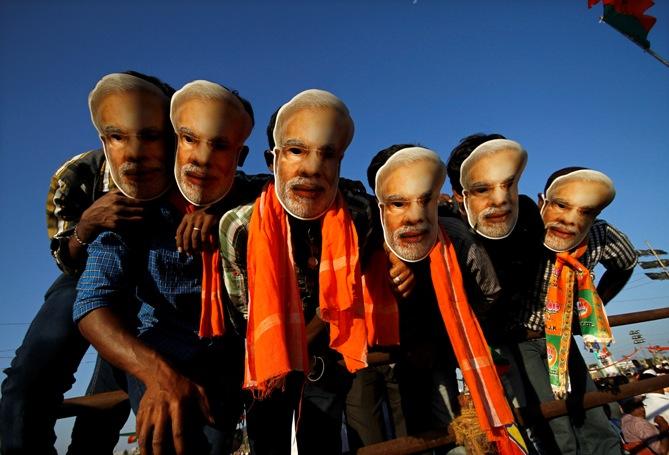
Can true capitalism (as opposed to crony capitalism) survive without strong independent institutions? Can election funding of this order at all be above aboard? Do we even care?
A romantic notion has also been propagated that Modi will be a mellowed man as a prime minister, that he will become a liberal democrat. And that our democratic institutions like the courts, the Comptroller and Auditor General, Central Bureau of Investigation and the media have enough teeth to rein in any favouritism or trampling of human rights.
Looking at the Gujarat model on such similar institutions, I have no doubt which side they will sit on.
Having experienced our courts more than most, one thing I can unhesitatingly say is when you are up against an authoritarian government (as I was under the National Democratic Alliance rule) as your adversary in court, the courts are generally reluctant keepers of our fundamental rights.
…
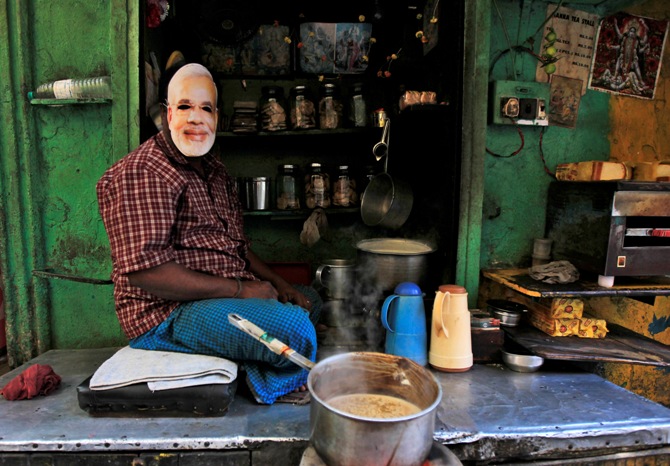
Judges are human beings, and subject to the same frailties and fears as the rest of us. An increasingly corporatised media has a soft-enough underbelly on which to use a scalpel.
It should be no surprise that in the India of today being secular, libertarian or environmentally-conscious has pejorative connotations. That India is a true liberal, secular democracy is by no means a settled issue. Modi’s genius lies in having identified the fault lines and prying them open.
We, as a nation, are ready for a Faustian bargain. Give us a fistful of economic promissory notes and we will barter all the lofty ideals we once held dear. And we will invent reasons why the trade is all for the Greater Good.
Let’s at least thank Modi for bringing us out of our closet.
The writer heads First Global, an International Securities Firm.